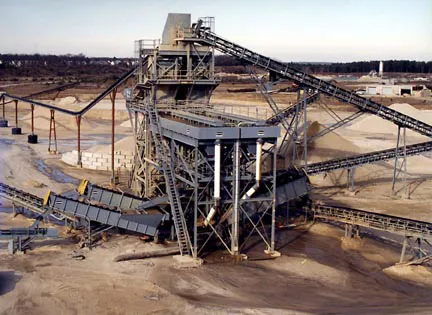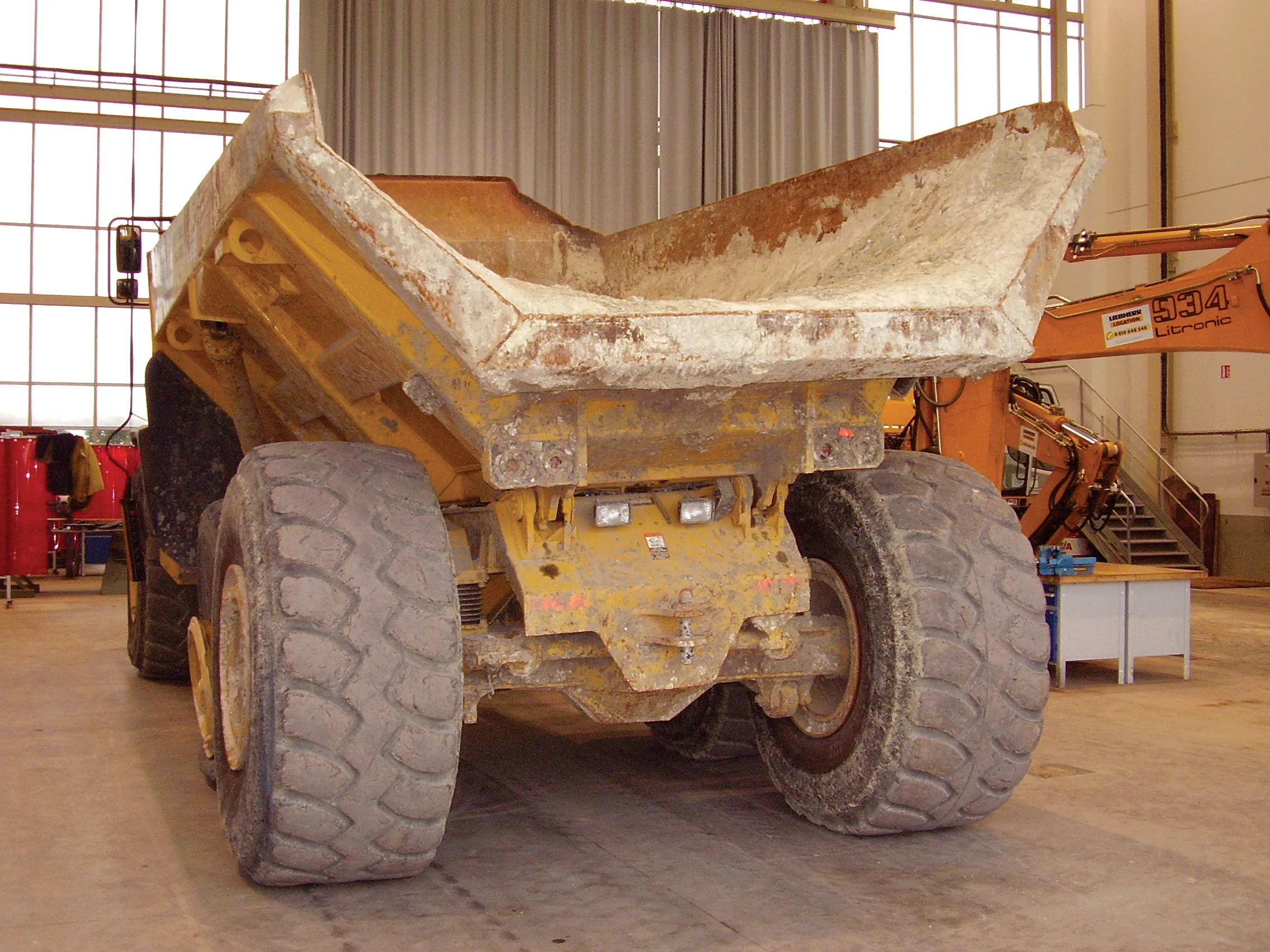Increasing material costs mean that the US highway sector is looking to increase the use of recycled asphalt pavement (RAP). At the recent World of Asphalt conference and exhibition in Orlando, Florida, two presentations explained the latest developments.
February 29, 2012
Read time: 4 mins

The US roadbuilding sector is looking to benefit from experience in recycling asphalt materials. Mike Woof reports
Increasing material costs mean that the US highway sector is looking to increase the use of recycled asphalt pavement (RAP). At the recent World of Asphalt conference and exhibition in Orlando, Florida, two presentations explained the latest developments.Jim Musselman, state bituminous materials engineer for Florida's Department of Transportation (FDoT) explained the state's approach, which is one of the leaders in the US. He said that while Florida first tried using RAP for resurfacing over 30 years ago, problems with roads featuring the material led to these recycling methods being sidelined. However with material costs rising and demand exceeding supply, Florida is now re-introducing RAP as a material for road reinstatement. Musselman said, "We did run out of asphalt binders and we recognised that we needed to increase our use of RAP again."
According to Musselman, around 60% of the asphalt mixes used on Florida's current highway construction projects will feature RAP, although the average RAP content has dropped from the 50% used in the 1980s to 20%. There are numerous benefits from using RAP in highway construction and Musselman said, "The savings in material costs mean you can build a lot more roads. It also conserves energy during extraction, processing and delivery."
Because of the poor performance of roads featuring high quantities of RAP that were built in the 1980s, FDoT tracks pavement quality closely and the results have been good so far. However, different issues have been identified and he continued, "Right now top-down cracking is the biggest problem we have. What we try to do is mill that crack out, before it penetrates too deeply."
With material costs and recycling more of an issue than ever before, FDoT is now keen to encourage the greater use of RAP in surfacing projects and is reworking its specifications to allow this. Musselman said, "The old specifications were written at a time when money and materials were not an issue. Now we're looking at those specifications and changing them. Before we went for the highest quality materials for all projects but now we think we can reduce those requirements, particularly for low traffic density roads."
Trials show that the quality of asphalt mixes containing RAP is as good, or better, than conventional mixes. Earlier concerns over stone polishing for wearing courses have been allayed while recycled crumb rubber is also allowed in these applications and he said, "We now allow up to 15% RAP in friction courses."
A second presentation was made by Andrea Kvasnak, principal investigator for a project with the
Using RAP does require some rethinking of mix design, according to Kvasnak, and conventional practice is to use softer grades of asphalt in mixes with higher percentages of RAP. She said, "Some states are considering allowing contractors to carry out mix tests so they can prove they can still use the same binder they normally use instead of a softer grade."
Testing and monitoring of aggregate properties is required, to ensure that quality material is being added to the mix. However Kvasnak said that research shows that aggregate specific gravities are affected by the high temperatures in ignition testers. There are issues to be aware of with regard to aggregate gradation though and she said, "Be aware of excessive fines from milling and processing."









